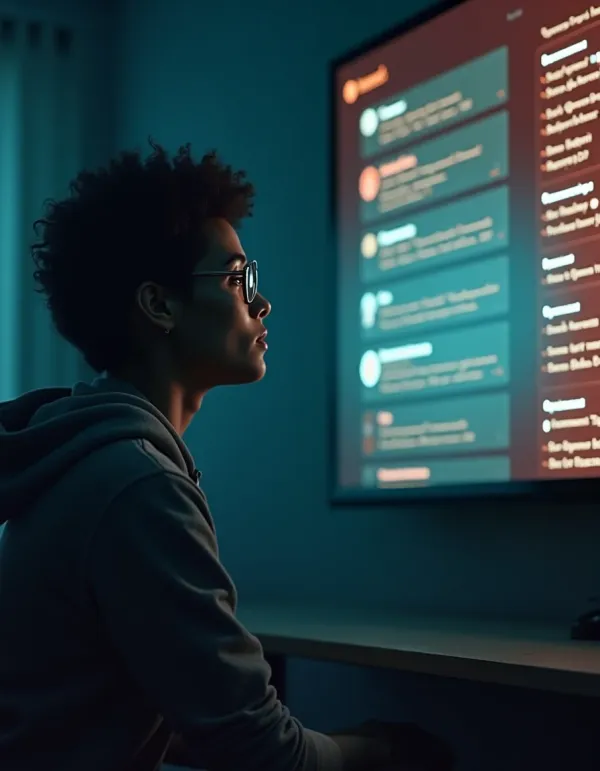The conspiracy you don’t believe — but still can’t stop thinking about
Ever had a conspiracy you don't actually believe but can't stop thinking about? This quick guide explains why those ideas stick, how to check the facts, and easy steps to quiet the obsession.

The question
Have you ever got a conspiracy theory that you don’t actually buy — but it keeps spinning in your head anyway? It could be something silly, spooky, or just plain weird. Let’s take a friendly, quick tour through the most sticky ones people keep thinking about, why they linger, and what to do when your brain won’t let them go.
Short list of the sticky theories
- We live in a simulation. The idea that everything we experience might be a computer simulation sticks because it’s elegant and a little unsettling. See the basic summary here: https://en.wikipedia.org/wiki/Simulation_hypothesis.
- The moon landing was faked. Wild, dramatic — and thoroughly debunked. There’s huge evidence for Apollo missions and lunar exploration: https://en.wikipedia.org/wiki/Moon_landing.
- Reddit (and the web) is full of bots. The fear that a lot of online interaction is automated feels true — and to an extent it is. Bots and fake accounts exist and can shape conversations.
- Dead Internet theory. The claim that most of the internet is fake or AI-generated is eerie. Parts of it are real concerns (bot activity, algorithmic curation), but experts push back against the full conspiratorial story: https://en.wikipedia.org/wiki/Dead_Internet_theory.
- Birds Aren’t Real. This one sounds outlandish — but it’s actually a satirical movement poking fun at conspiratorial thinking: https://en.wikipedia.org/wiki/Birds_Aren%27t_Real.
- Other oddities: ancient people with advanced tech, celebrities not what they seem, or a belief that we’re a second “version” of intelligence on Earth. They’re dramatic and irresistible.
Why these ideas stick even if you don’t believe them
They explain gaps. They feel clever. They make ordinary mysteries into plots. They’re easy to share. And in a noisy, fast internet era, strange ideas spread faster than careful facts. That mix is an attention magnet.
Practical, friendly reality checks
- Pause before you panic. If a claim makes your heart race, take five deep breaths and step away for 10 minutes.
- Check the sources. Reliable stories have independent verification from experts or multiple trustworthy outlets.
- Look for consensus. Extraordinary claims need extraordinary evidence — if everyone who knows the topic disagrees, that’s a clue.
- Spot satire. Some “theories” are jokes that go meta — like Birds Aren’t Real — and they’re meant to be funny, not factual.
- Limit exposure. If doom-scroll thinking about politics or conspiracies is wearing you down, mute keywords, follow credible outlets, and talk about it with someone grounded you trust.
If you’re obsessing — a quick mental-health nudge
It’s normal to ruminate. But if it interrupts sleep, work, or your mood, try grounding techniques (walk, talk with a friend, fact-check once and move on). If worry gets intense, consider a professional — anxiety can make any idea feel bigger than it is.
Want to dive deeper?
Start simple: read the Wikipedia entries linked above, follow reputable journalists, and take a media-literacy mini-course (lots are free). Curiosity is great — but curiosity plus a little skepticism keeps you sane.
Some people say these theories are harmless brain candy; others say they’re a sign to tidy up what news and sources you trust. Either way, it’s fine to be fascinated — just don’t let fascination rent out real estate in your peace of mind.
Got a conspiracy that won’t leave your head? Pick one, examine the evidence, and treat your curiosity like a hobby — not a habit you can’t quit.




